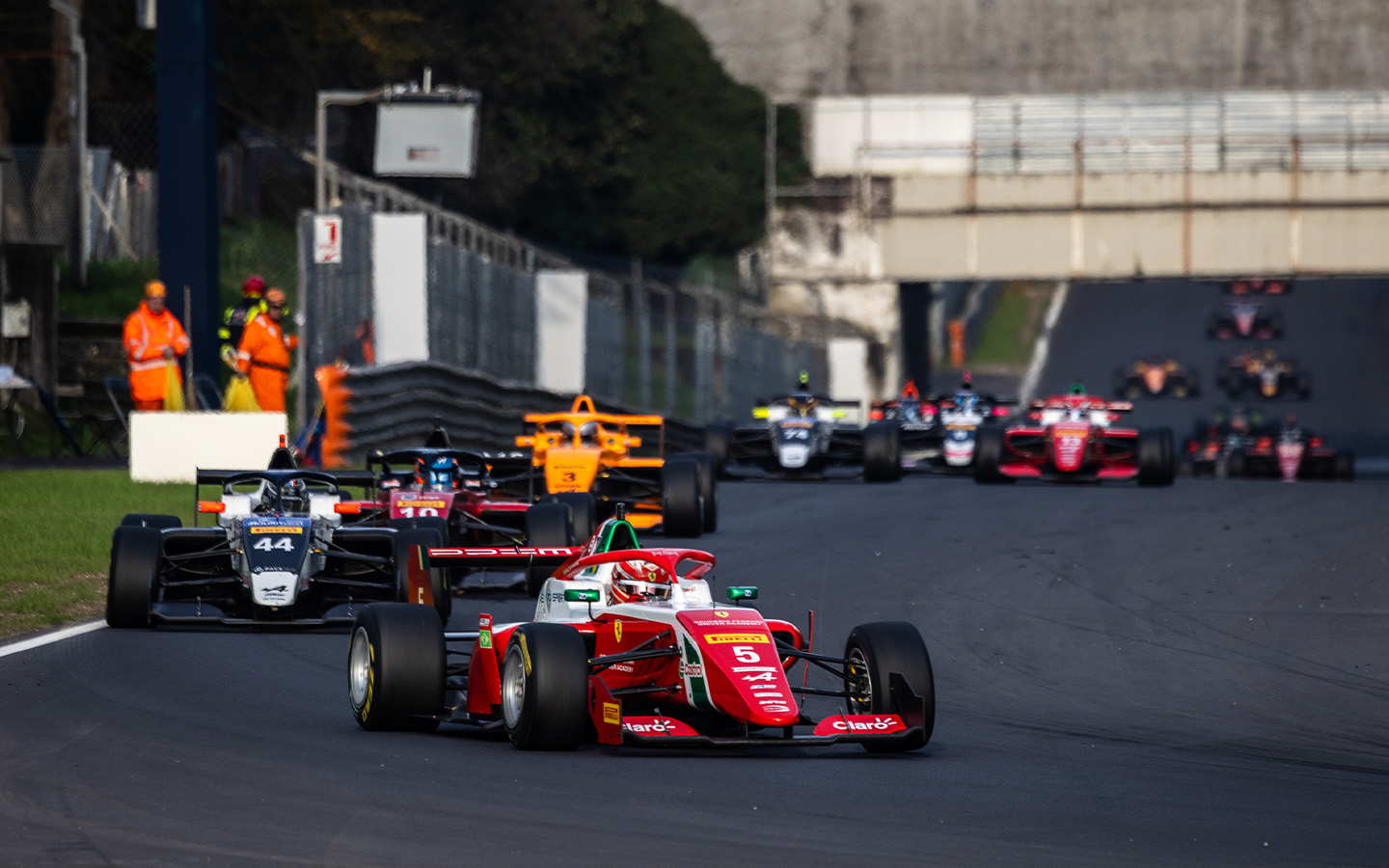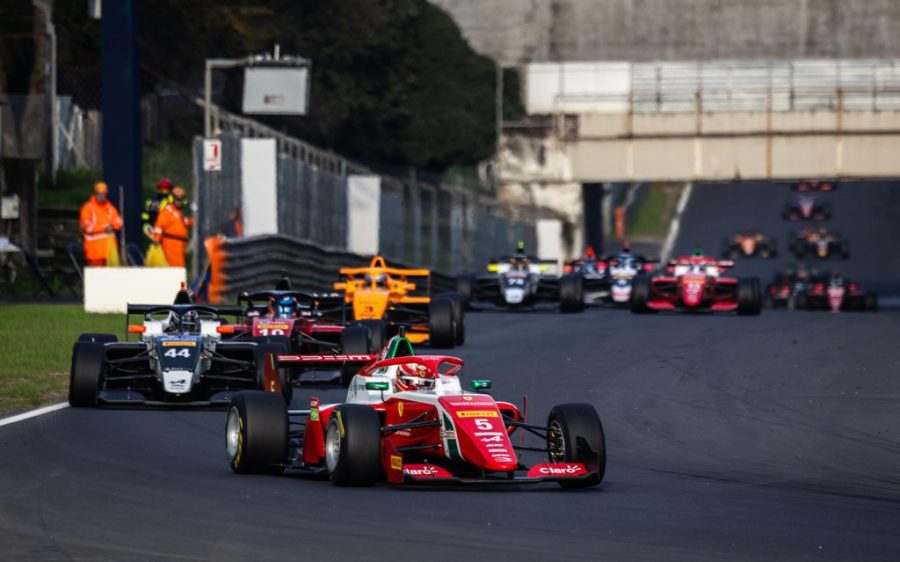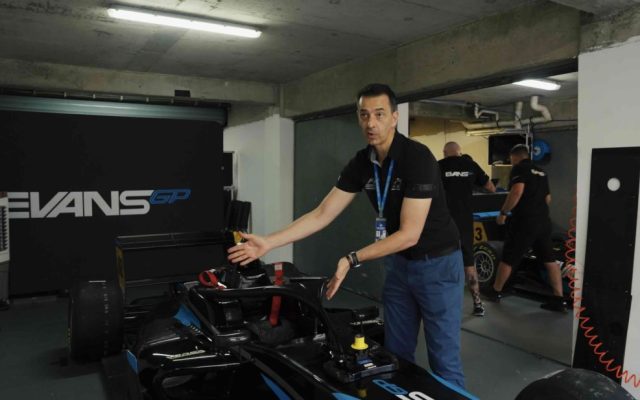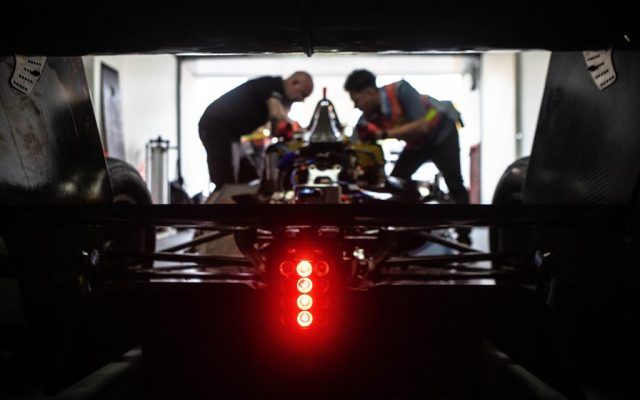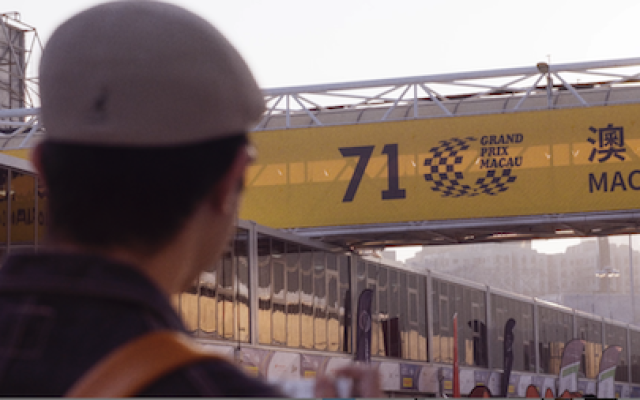With preparations for the 71st Macau Grand Prix in full swing, a question uppermost on the minds of many motorsports fans is what the introduction of Formula Regional racing will mean for the city’s iconic sporting event.
After 38 years of hosting the FIA Formula 3 (F3) World Cup, this year Macao will stage its first FIA Formula Regional (FR) World Cup. It’s a big change. Since 1983, when the late Brazilian racing superstar Ayrton Senna won in the city, F3 has been synonymous with the Macau Grand Prix.
For the uninitiated, FR is a relatively new category in auto racing. It was introduced by motorsport’s global governing body, the Fédération Internationale de l’Automobile (FIA), just five years ago, as a mid-point between the entry-level Formula Four (F4) class and the new F3 class.
[See more: Find out who’s racing in the 2024 Macau Grand Prix]
The latter’s restructure has been described by FIA as a “natural consequence” of the sport’s ongoing evolution. F3 has come on in leaps and bounds since the early 1980s, when it was known as Formula Pacific. Motor racing itself has come a long way since 1950, when Formula 1 (F1) cars could only reach a top speed of 289 kilometres per hour, far slower than the F3 or even the electrically powered Formula E cars of today.
To see where FR fits into that evolution, it helps to understand that prior to 2019 a class called GP3 came above F3 as the sport’s third highest level after F1 and Formula 2 (F2). In 2019, the FIA retired the GP3 class and shifted F3 up to the third slot. The change meant that F3 cars from 2019 onwards were allowed to have significantly higher specs than their pre-2019 counterparts. It also meant that cars with the old F3 specs needed a new name. Formula Regional was born.
How will the change to Formula Regional affect the Macau Grand Prix?
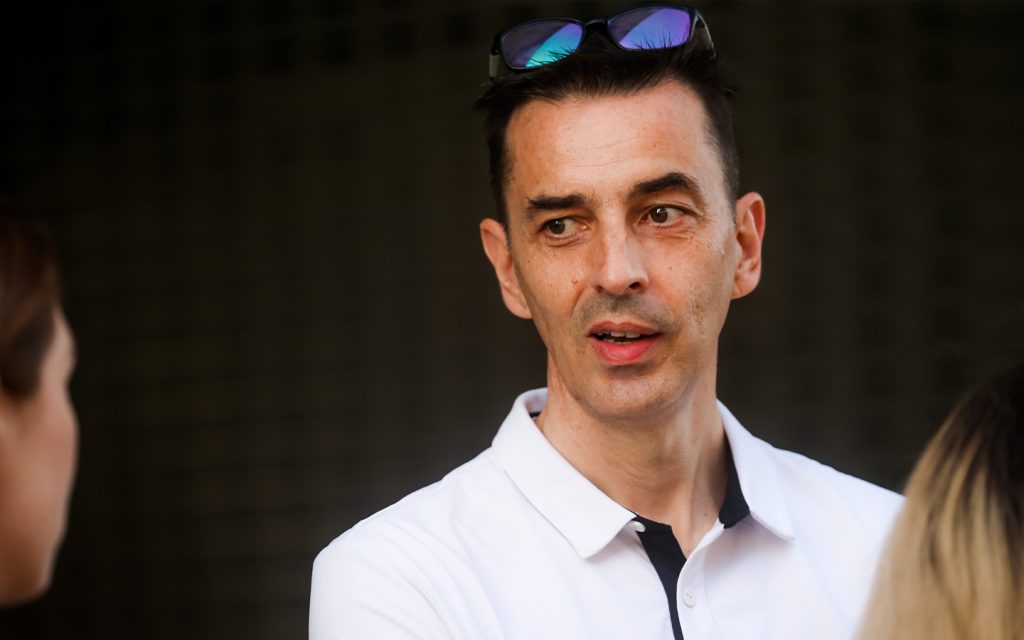
If F3’s reshuffle happened in 2019, why is the Macau Grand Prix only switching to FR in 2024? Davide De Gobbi, general manager of Top Speed China – the outfit responsible for supplying FR cars and technical support to the Macau Grand Prix – says it’s simply a question of safety.
The FIA tentatively permitted the newer, more powerful F3 cars to tear around the Guia Circuit in 2019 and 2023 (the Covid-19 pandemic meant that the highest-level races at the Macau Grand Prix during the intervening years were F4 events). But it became evident that Macao’s famously twisty roads proved too difficult – and potentially dangerous – for drivers to handle in the higher-spec vehicles. “The cars were just too fast,” De Gobbi explains.
[See more: F1 driver Yuki Tsunoda talks to Macao News about his meteoric rise in motorsport]
Motorsports officials concluded that it would be best to revert to the specs that governed the Macau Grand Prix from 1983 to 2018: that meant Formula Regional racing. The category is perfectly suited to the up-and-coming drivers that have been part of the “unique essence” of racing in Macao, the FIA says. “The event has historically been a rite of passage for some of the sport’s greatest talents, and the latest chapter of that history will be written in the FIA FR World Cup,” the association notes.
Macao’s rising racer: Tiago Rodrigues
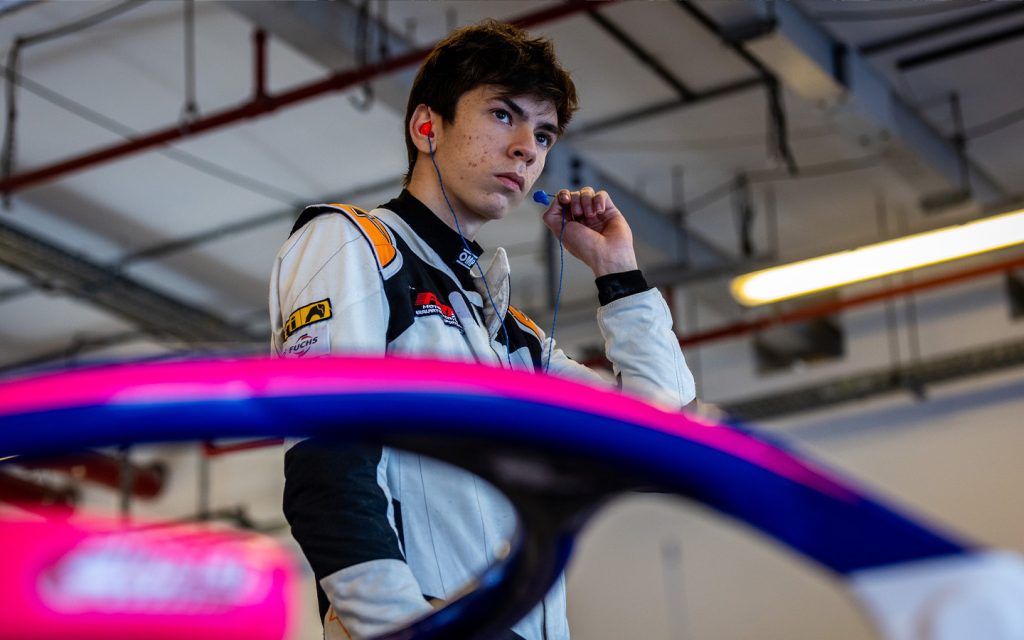
Following in the footsteps of racing heroes like Senna, Michael Schumacher, Lewis Hamilton and Sebastian Vettel – who all went on to compete at the F1 level – local driver Tiago Rodrigues hopes to be part of that new chapter. This year’s Grand Prix will see him move out of the F4 category for the first time.
The teen’s passion for motorsports was ignited at the age of 13, while visiting the home of local racing legend André Couto – best known for winning Macao’s F3 Grand Prix in 2000. At Couto’s place for a birthday party, Rodrigues spotted Couto’s racing simulator, a specialised piece of equipment that recreates the experience of driving a real race car, and asked to try it out. “I got addicted right then and there,” he says.
Sensing Rodrigues’ determination to master this exhilarating sport, the aspiring racer’s dad soon bought him his own simulator. After five months immersed in virtual racing, in between his classes at the Macau Portuguese School, the then-13-year-old picked up go-karting. He joined Macao’s Solar Racing Team and honed his skills during twice-weekly practice sessions at the Coloane Karting Track.
[See more: ‘I am confident in my ability’ says Formula driver Tiago Rodrigues]
He got behind the wheel of an F4 racing car in December 2022. While you can’t legally drive a normal car in Macao until reaching the age of 18, you can get your racing licence at age 15. As such, Rodrigues spent much of 2023 competing in the F4 Chinese Championship for the Zhuhai-based Champ Motorsport team, along with fellow Macao driver Albert Cheung. He ended up winning that series, though is modest about the fact. “It’s not really that competitive,” he insists.
Immediately after his success in China, Rodrigues embarked on his first Macau Grand Prix, in the F4 category – which is being scrapped this year. The practice session proved chaotic, filled with collisions that prevented him from recording a lap time and underscoring the difficulty of the Guia Circuit. “Not crashing in Macao is 90 percent of your focus,” Rodrigues laughs. Despite the setbacks, he managed to secure sixth place in the F4 race. “From the outside, it may look like winning Chinese F4 was one of my biggest achievements, but actually it was racing at the Macau Grand Prix,” Rodrigues says.
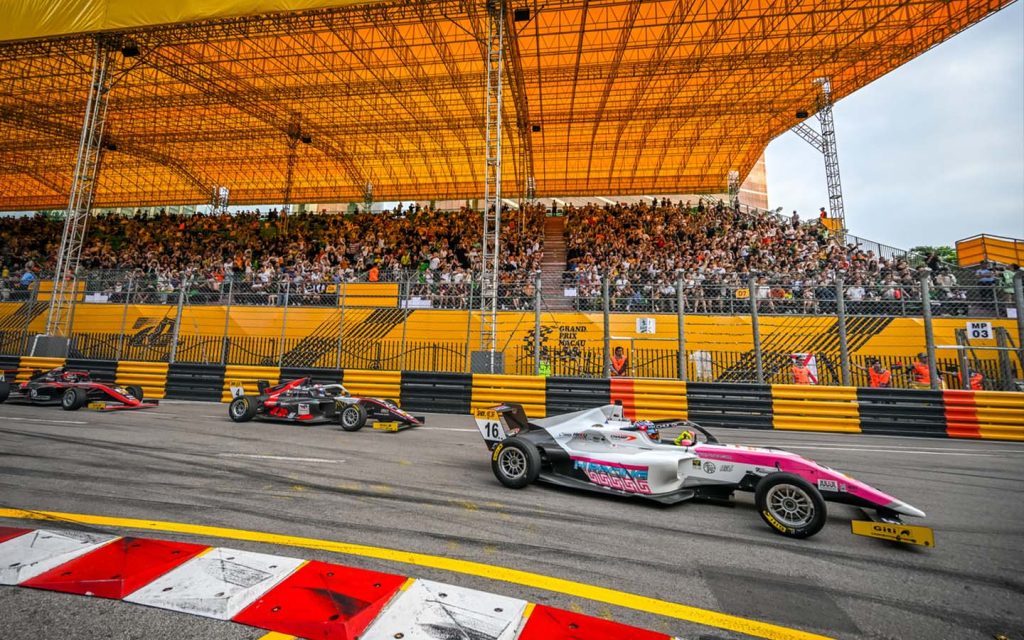
Earlier this year, Rodrigues competed in the F4 UAE Championship, for the Dubai-based Xcel Motorsport team, and in the F4 Australian Championship’s international round in Sepang, Malaysia – which he won for the Australian team, Evans GP. Rodrigues says that both events served as important learning experiences leading up to the Macau Grand Prix, where he will also compete for Evans GP.
When Evans GP’s manager, Joshua Evans, announced that Rodrigues’ would be joining the team on his home turf, he noted that the promising young driver’s experience in Macao’s F4 race last year would be an advantage. “It’s always special to race in front of your home fans, and we’re confident he’ll give his best effort,” Evans said.
[See more: Filming Vivian Siu’s 6-month journey to the Macau Grand Prix]
To prepare for the Macau Grand Prix and his first FR race, Rodrigues is only having three days of trials in Malaysia. Off the track, he is focusing on strength training with his coach three times a week and running at least five days a week. He also puts many hours into his trusty racing simulator while juggling his schoolwork.
While competing in an FR car instead of an F4 car is going to be a challenge for Rodrigues – he says it feels “a lot heavier” during turns – he doesn’t believe onlookers will pick up on the difference between FR and F3 races, even though the vehicles are a bit less powerful. “If the FIA hadn’t said anything about the change, spectators wouldn’t notice much difference,” he says. “It is [still] one of the most prestigious events in motorsport.”
De Gobbi agrees with Rodrigues, insisting that “nothing has changed” from a spectator’s point of view – aside from the competition’s name. “For me, [the Macau Grand Prix will] continue to have a brilliant future. We will have the best drivers and teams representing all continents.”
